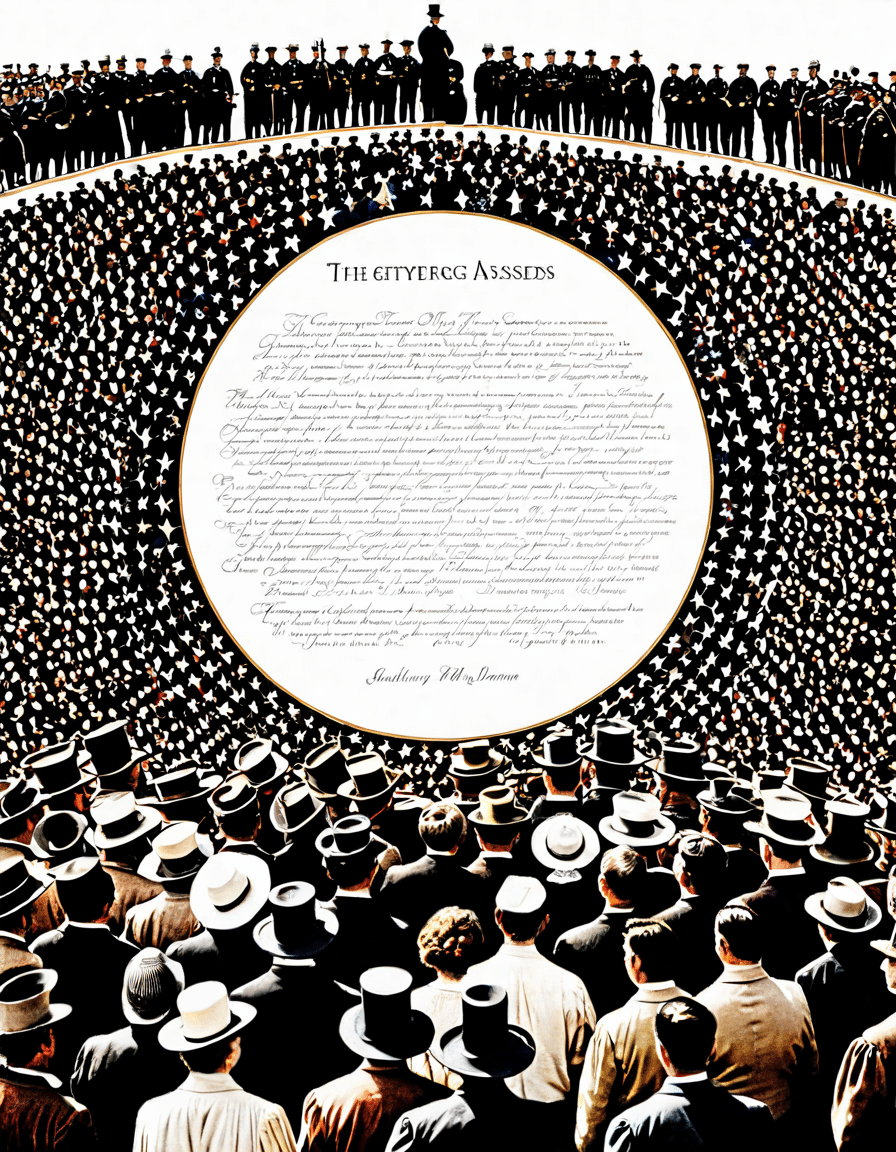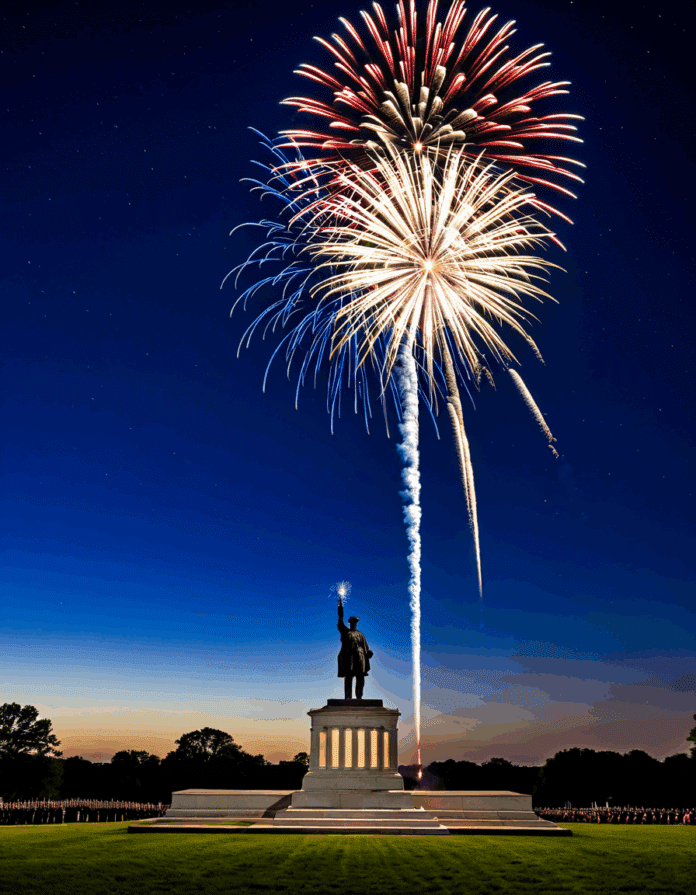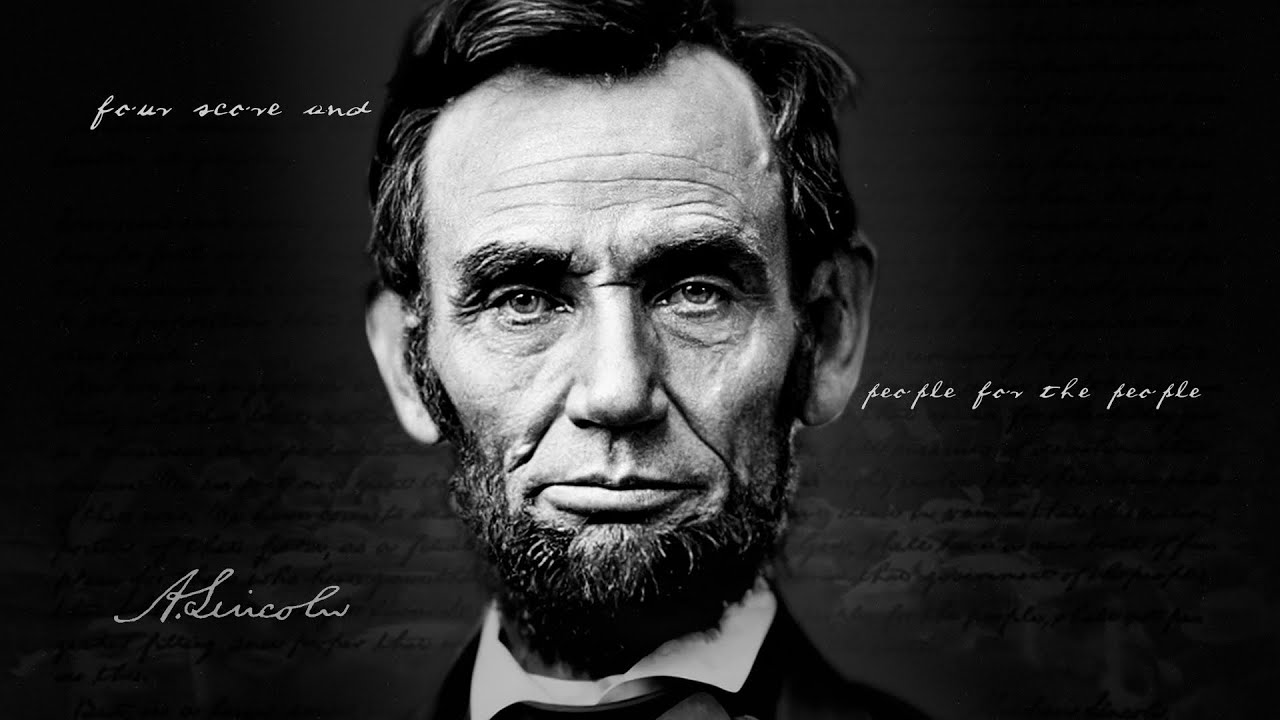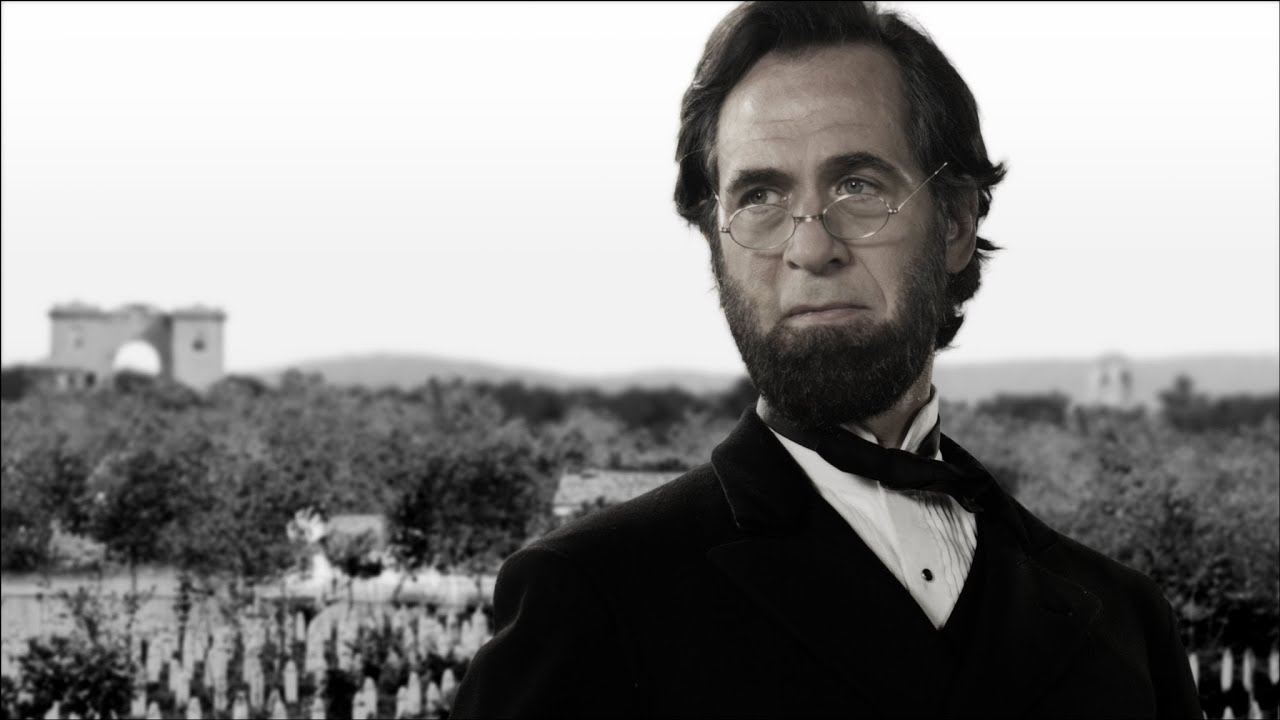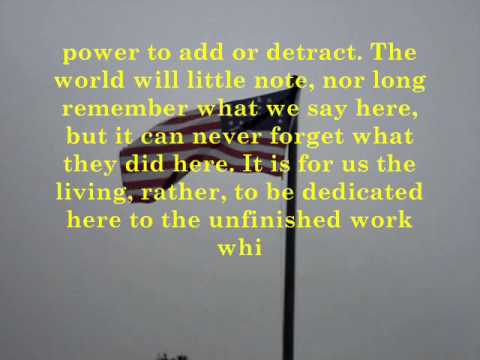The Gettysburg Address: A Pivotal Moment in History
The Gettysburg Address, delivered by President Abraham Lincoln on November 19, 1863, stands as a monumental moment in American history. As the nation grappled with the bloodshed of the Civil War, Lincoln’s words became a beacon of unity and purpose. He spoke at the dedication of the Soldiers’ National Cemetery in Gettysburg, Pennsylvania, a place that had witnessed one of the war’s bloodiest battles. The Gettysburg Address is more than just a speech; it’s an eloquent exploration of democracy, equality, and the enduring struggle for human rights.
Upon reflecting on the significance of the Gettysburg Address, we understand that it captures the essence of a country in turmoil. Lincoln addressed a nation wounded by conflict, seeking to redefine the government as one truly “of the people, by the people, and for the people.” This pivotal moment not only commemorated those who had fought and died at Gettysburg but also sought to inspire future generations to uphold the values of liberty and equality.
In an era where societal divisions seem more pronounced, the core message of the Gettysburg Address remains crucial. As we reflect on its enduring legacy, we recognize that Lincoln’s profound words continue to resonate across time, urging us toward progress and unity amidst our differences.
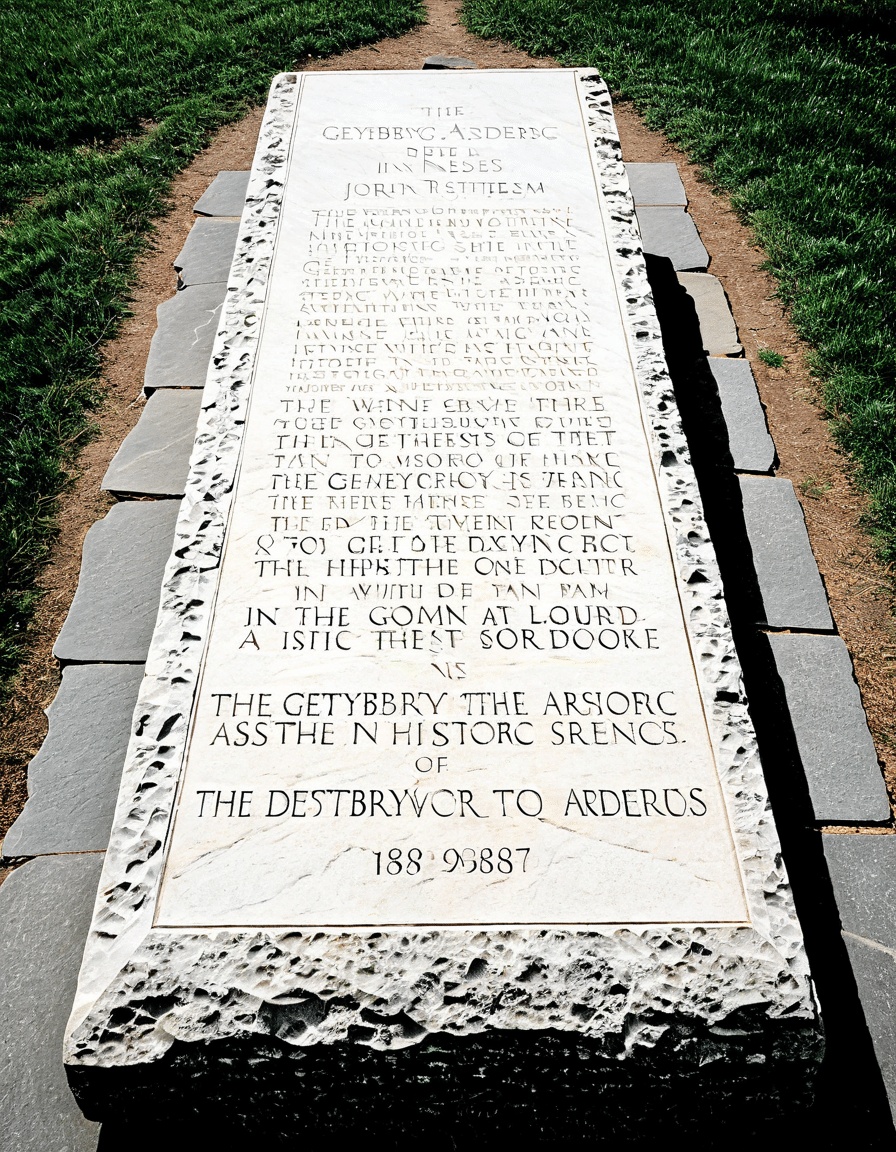
Top 7 Reasons Why the Gettysburg Address Remains Relevant Today
Lincoln’s powerful address has not lost its impact over time. Its principles of equality and unity still echo in today’s society. Let’s explore seven compelling reasons why the Gettysburg Address is still so vital:
Analyzing the Linguistic Power of the Gettysburg Address
What makes the Gettysburg Address so striking is Lincoln’s masterful use of language. His decision to keep the speech brief—only about two minutes—demonstrates a keen understanding of effective communication. Lincoln employed rhetorical devices like anaphora, seen in the repeated phrase “we cannot,” emphasizing our collective duty to honor those who sacrificed their lives.
The simplicity of his language allows the profound messages to resonate with a wide audience. By avoiding complex jargon, Lincoln made the address accessible to the common person, ensuring that the significance of his words would linger long after the speech concluded. This connection with his listeners created an emotional impact that transcended the context of war, solidifying the address’s place in American hearts.
Moreover, Lincoln’s ability to evoke imagery through phrases like “a new birth of freedom” captures the essence of hope and renewal. His choice of words invites reflection, pushing listeners to consider their responsibility in shaping the future.
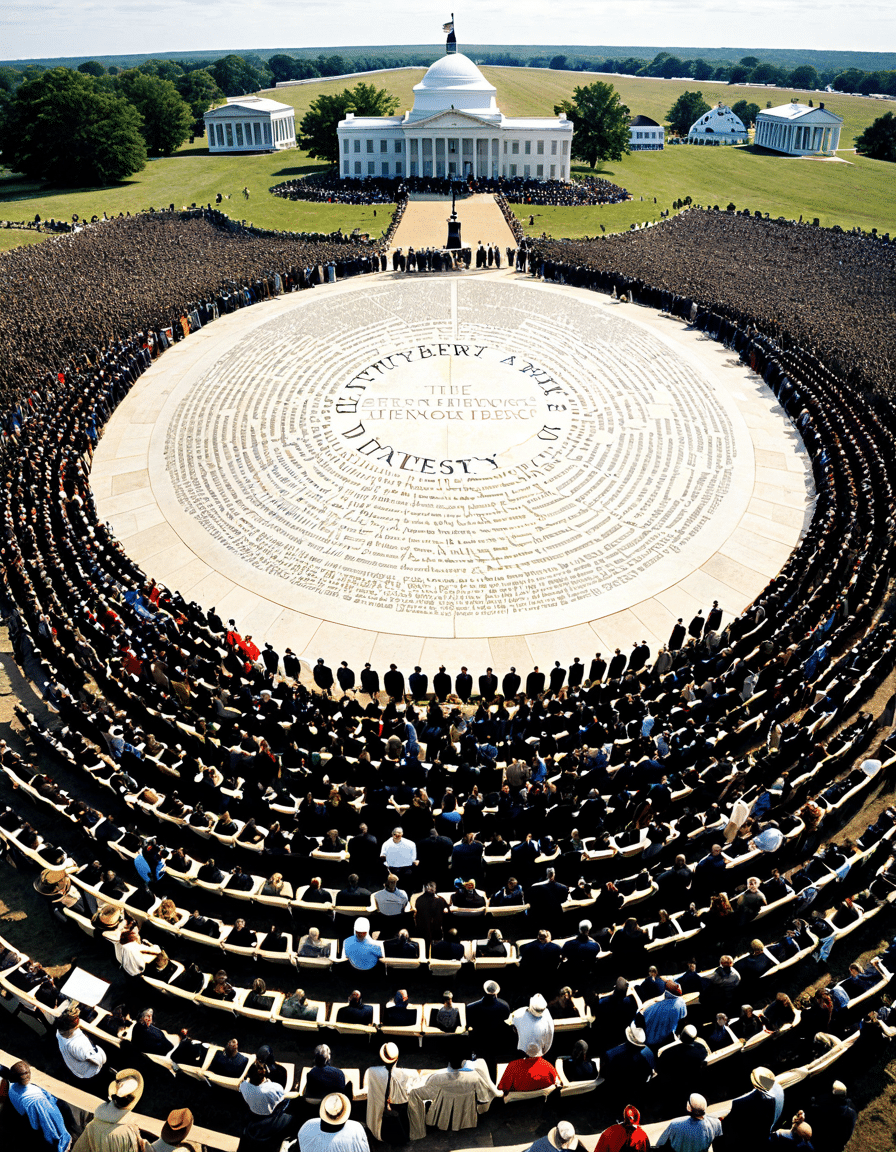
The Gettysburg Address in Popular Culture
The impact of the Gettysburg Address extends beyond history books—it’s deeply embedded in American culture. Its influence is felt through various mediums, including movies, literature, and music. Here are notable examples:
These cultural references help elevate the importance of the Gettysburg Address and encourage new audiences to engage with its timeless themes.
The Continued Evolution of the Gettysburg Address
As society shifts, the meanings embedded in the Gettysburg Address evolve. Today’s discussions around social justice, immigration, and identity continually revisit Lincoln’s vision of a united nation dedicated to liberty and equality. Organizations fighting for civil rights often draw from Lincoln’s words, placing their struggles within a historical continuum that advocates for advancement.
These conversations encourage us to understand that the fight for equality is ongoing. The principles enshrined in the Gettysburg Address inform contemporary debates, reminding us of our shared responsibility to create a more equitable society. As groups work towards justice, they find inspiration in Lincoln’s call for unity, demonstrating that the address remains as relevant today as it was over a century ago.
Innovative Reflections on Lincoln’s Vision
Modern leaders can glean insights from Lincoln’s vision to tackle today’s challenges head-on. By fostering discussions based on the ideals expressed in the Gettysburg Address, we can honor those who fought for freedom while inspiring future generations to uphold democratic values. The address encourages us to reflect on our role in shaping the values of liberty and equality.
Embracing Lincoln’s message isn’t just about nostalgia; it’s about taking action. As we address issues like inequality and disenfranchisement, the call for unity from the Gettysburg Address can motivate collective efforts for positive change.
In these times of complexity, the Gettysburg Address serves as a guiding light—a reminder that we must remain committed to the vision Lincoln articulated over 150 years ago. The challenge of working toward a society where liberty and justice truly flourish for all remains a journey we must embrace together. The invitation to build a more perfect union urges us forward, ensuring Lincoln’s legacy continues to inspire every step we take.
In conclusion, the Gettysburg Address is not just a piece of speech; it’s a rallying cry for democratic ideals. As we honor its legacy, we reaffirm our responsibility to protect and uphold the principles of our democracy, fostering a community where liberty and justice can endure for everyone, thus echoing the core sentiment of Lincoln’s timeless message.
The Gettysburg Address: A Brief Look at the Historical Touchstone
A Speech in Time
The Gettysburg Address, delivered by Abraham Lincoln in 1863, is celebrated for its brevity yet profound impact on American history. You know it has a special place in our hearts when a churned-up speech is likened to the Texarkana Gazettes reporting on local legends! Lincoln delivered his remarks during the Civil War, at a time when the nation was deeply divided. He emphasized the ideals of liberty and equality, igniting a flame of hope even amidst despair. A good reminder that, just like in life, adversity can often sharpen our focus on what truly matters.
Fun Facts About the Address
Did you realize that Lincoln recited the Gettysburg Address in just about two minutes? That’s a drop in the bucket compared to how long it takes to enjoy a meal at Sea World San Antonio! Since then, people have speculated about its impact, and historians often argue it’s one of the finest speeches in American history. Interestingly enough, the original handwritten copies of the address differ slightly, showcasing Lincoln’s evolving thoughts. Now that’s something to talk about over a slice of Bleecker Street pizza while discussing what makes a great leader!
The Legacy Lives On
The words of the Gettysburg Address not only helped redefine the nation but also inspire generations. Some argue that these words are as impactful as the cast Of El Conde Amor y Honor—entertaining history with every telling! Fast forward to today, the themes Lincoln spoke of—freedom, sacrifice, and unity—continue to resonate. Just as college students at the University Of Nebraska omaha tackle their dreams, new generations find encouragement in Lincoln’s message. It’s amazing how something written so long ago still feels relevant, isn’t it?
Inspiring us to ponder life’s many facets, the Gettysburg Address remains a symbol of American values, making us think: can I get a loan With no credit? Well, if there are opportunities to reflect on the past and strive for growth, then the answer might actually be yes! So, let’s celebrate history and keep the spirit alive.
